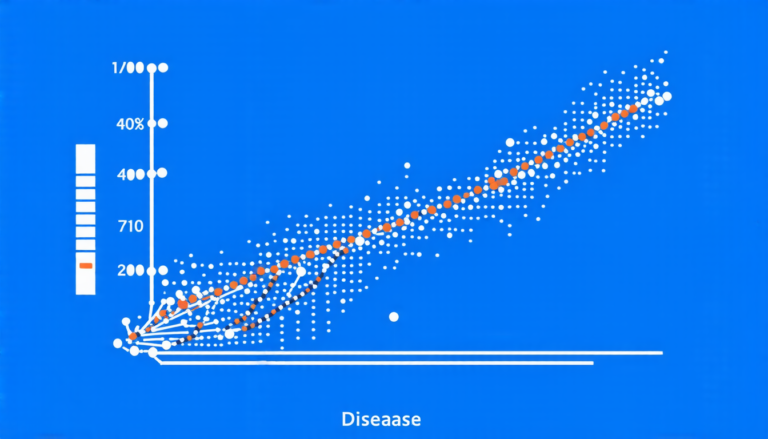Tuesday 24 June 2025
The Yoneda Lemma is a fundamental concept in category theory, which is a branch of mathematics that studies the relationships between different mathematical structures. It was first introduced by Japanese mathematician Masanao Yoneda in the 1950s and has since become a cornerstone of modern algebraic geometry.
In simple terms, the Yoneda Lemma states that the properties of an object can be determined by studying its relationships with other objects. This might seem abstract, but it has far-reaching implications for many areas of mathematics and computer science.
The authors of this paper have taken the Yoneda Lemma a step further by refining it to work in categories where objects have finite structures. These categories are common in computer science, as they often arise from programming languages, data structures, and algorithms.
The refinement is important because it allows researchers to use the Yoneda Lemma to study the properties of individual objects within these categories. This can be useful for verifying the correctness of complex computer programs or identifying patterns in large datasets.
One of the key implications of this paper’s results is that they provide a new way to approach the problem of cancellation laws in mathematics and computer science. Cancellation laws are rules that allow us to simplify expressions by canceling out common terms. They are crucial for many mathematical and computational tasks, but they can be notoriously difficult to prove.
The authors show that their refined Yoneda Lemma provides a powerful tool for establishing cancellation laws in certain categories. This has significant implications for the development of new algorithms and data structures, as well as for verifying the correctness of existing ones.
Another area where this paper’s results have potential applications is in the study of graph theory. Graphs are mathematical objects that consist of nodes and edges, and they are used to model all sorts of real-world phenomena, from social networks to transportation systems.
The authors demonstrate how their refined Yoneda Lemma can be used to distinguish between different types of graphs based on their properties. This is a challenging problem in graph theory, as it requires identifying subtle patterns and relationships within the graphs.
Overall, this paper’s results have significant implications for many areas of mathematics and computer science. They provide new tools and techniques for studying complex mathematical objects and verifying the correctness of computer programs. As researchers continue to explore the applications of these results, we can expect to see exciting developments in a wide range of fields.
Cite this article: “Refining the Yoneda Lemma: New Tools for Studying Mathematical Objects and Verifying Computer Programs”, The Science Archive, 2025.
Category Theory, Yoneda Lemma, Algebraic Geometry, Computer Science, Programming Languages, Data Structures, Algorithms, Graph Theory, Cancellation Laws, Mathematical Objects.







